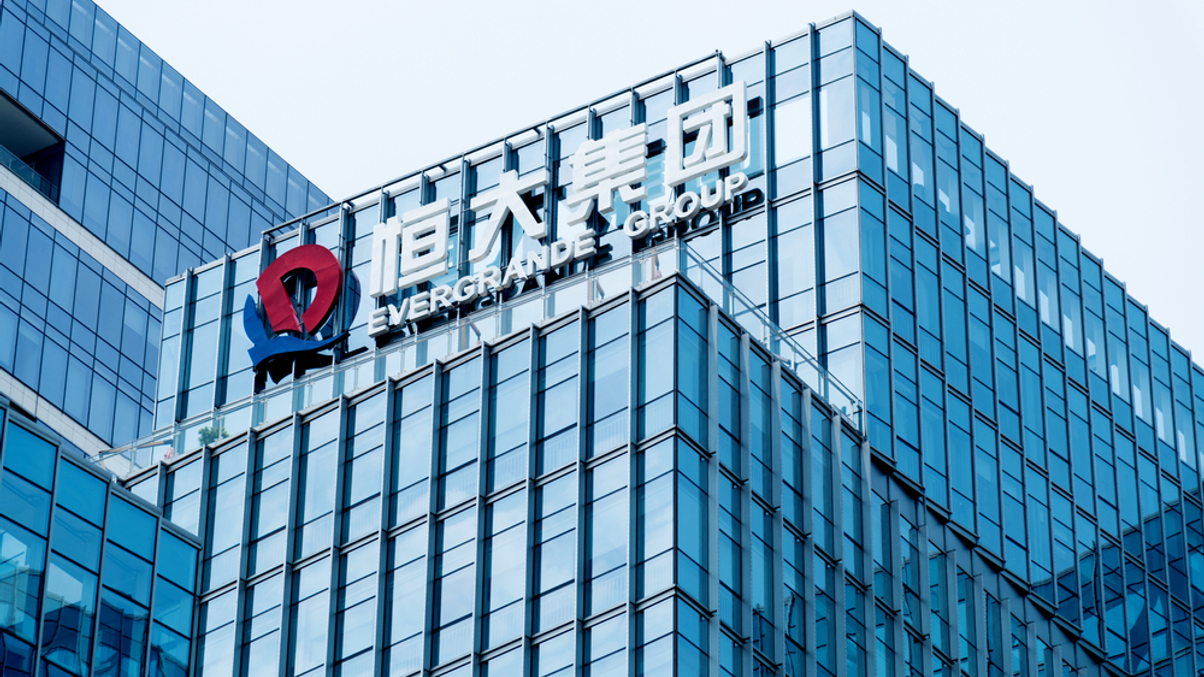October's most read: What next as Evergrande misses second coupon payment; ESG-friendly crypto emerging as institutional demand surges
Evergrande not the first debt debacle in China, but its $305 billion debt, if unpaid, will have a ripple effect on the economy; ESG-friendly crypto products becoming hot commodities for institutional investors; GIC sees no systemic risk in Evergrande crisis, but Soros Fund presses pause on China; Which assets will perform under stagflation?; Family offices taking ESG into their own hands as regulators play catch up; and more.

China Evergrande Group, one of China's largest real estate developers, missed two offshore coupon payments in as many weeks.
Sign in to read on!
Registered users get 2 free articles in 30 days.
Subscribers have full unlimited access to AsianInvestor
Not signed up? New users get 2 free articles per month, plus a 7-day unlimited free trial.
¬ Haymarket Media Limited. All rights reserved.


